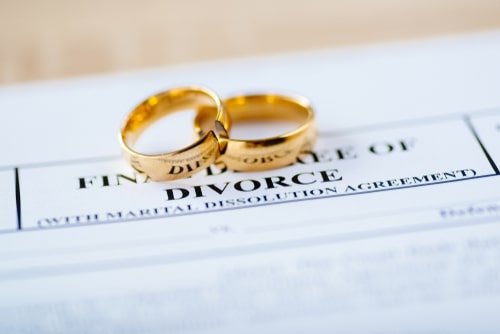GET A BOARD CERTIFIED DIVORCE ATTORNEY TO PROTECT YOUR BUSINESS
AS A BUSINESS OWNER, IT IS IMPORTANT TO UNDERSTAND WHETHER YOUR BUSINESS IS AT STAKE IN YOUR DIVORCE AND WHAT YOU CAN DO TO PROTECT IT.
HERE AT THE BOLTON LAW FIRM, WE ARE DEDICATED TO HELPING YOU AND HAVE THE EXPERIENCE NECESSARY TO MAKE SURE YOUR BUSINESS STAYS SAFE.
At the Bolton Law Firm, our team of attorneys is extremely effective at protecting the interests of our clients. Led by a board certified family law expert with more than 25 years of experience, we make sure that businesses are able to stay running throughout the divorce, and that our clients are able to maintain control and ownership of their businesses afterwards.
Texas law outlines that, with a few notable exceptions, any assets acquired during a marriage are considered community property, and as such, are subject to distribution during the divorce. Because of this, if you have co-owned a business with your spouse, it is critical that you seek legal aid from an experienced attorney in order to make sure that your business can be preserved.
When we counsel business owners preparing to go through a divorce, some of the key issues we assess include:
• Community vs. Separate Property – Does all or a portion of your business qualify as community property (meaning it is subject to distribution in your divorce)? Or, is your business “separate property” that will not be at risk when you or your spouse files a divorce petition?
• Prenuptial or Mid-Marriage Agreement – Did you and your spouse sign a prenuptial agreement before you got married? If not, did you sign a mid-marriage agreement (or “postnup”)? If you signed an agreement, what does it say – either directly or indirectly – about your business? This is important to know, since the terms of your agreement can override any default marital property laws.
• Your Spouse’s Involvement or Contributions – Was your spouse directly involved in the business? If not, did he or she take on home and family responsibilities so that you could devote your time to growing your company? Both of these could potentially give your spouse a stronger claim to a portion of the business in your divorce.
• Growth During Your Marriage (and Separation) – If you started the business before you got married, did it grow during the marriage? If so, did it grow even more after you and your spouse separated (if you separated)? The answers to these questions will be useful in determining what portion of your business (if any) will count as community property.
• Business Valuation – Assuming a portion of your business qualifies as community property, what is that portion worth? This is key to assessing your options regarding the division of your marital assets in your divorce. Keep in mind, the methods for valuing privately-held businesses for divorce purposes differ from those used in other transactions.
LEARN MORE – SCHEDULE AN INITIAL CONSULTATION AT THE BOLTON LAW FIRM AND SPEAK WITH AN EXPERIENCED ATTORNEY
For more information about these issues and the steps you can take now to help protect your privately-held business in your divorce, call 281-351-7897 to set a consultation appointment, or click here to schedule a call with our client coordinator.





